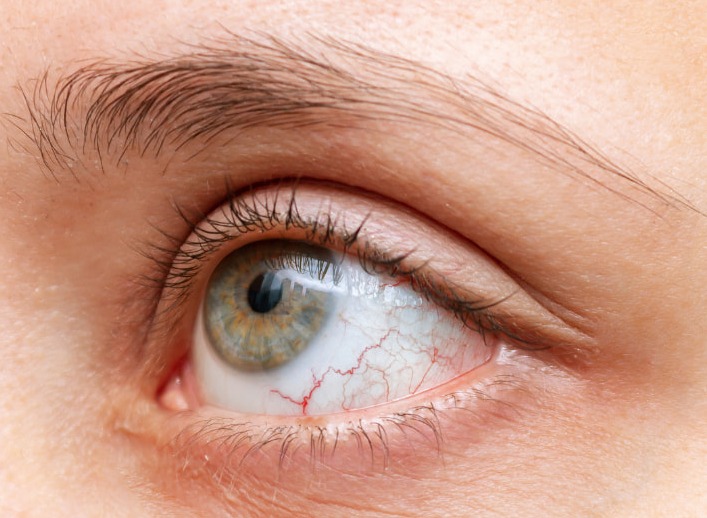Crohn’s disease, ulcerative colitis tied to anxiety and depression
Published 12 Jan 2016

Crohn’s disease and ulcerative colitis – both gastrointestinal diseases – have been tied to anxiety and depression. In a previous study researchers found that not only is Crohn’s disease tied to depression but that depression can increase inflammatory flare-ups related to Crohn’s.
The study involved 3,150 Crohn’s patients who completed online questionnaires in regards to their disease, treatment and its affect on their daily lives. Patients were also asked how often they felt sad, hopeless, or worthless.
Patients with high depressions scores were 50 percent more likely to experience a Crohn’s flare-up after 12 months compared to those with the lowest depression scores.
Even after researchers adjusted for other factors depression still remained to be linked with Crohn’s flare-ups.
Lead author Lawrence Gaines said, “Our study suggests that feelings of sadness and thoughts of helplessness, hopelessness and worthlessness can affect the risk of disease flares in people with Crohn’s disease. For these patients, what they think about themselves may be related to a very real medical outcome.”
The researchers note the importance of doctors talking to their patients about depression and depression-like symptoms as it could have a negative impact on the patient’s disease and overall health.
Crohn’s disease or ulcerative colitis increases anxiety disorder risk
Crohn’s disease, ulcerative colitisAnother study found that Crohn’s disease or ulcerative colitis could increase the risk of anxiety disorders. Lead author of the study, Esme Fuller-Thomson, said, “Patients with IBD face substantial chronic physical problems associated with the disease. The additional burden of anxiety disorders makes life much more challenging so this ‘double jeopardy’ must be addressed.”
For the study researchers looked at 269 Canadian adults diagnosed with inflammatory bowel diseases. The researchers found that those diagnosed with inflammatory bowel diseases were two times more likely to experience generalized anxiety disorder at some point in their lives compared to adults without a diagnosis of Crohn’s disease or ulcerative colitis. Furthermore, the risk was seen to be four times higher in women compared to men.
Study co-author, Joanne Sulman, added, “The study draws attention to the need for routine screening and targeted interventions for anxiety disorders. Particularly among the most vulnerable patients with IBD: women, individuals who are in chronic pain, and those with a history of childhood sexual abuse.”
Assistant professor Patrick McGowan concluded, “We sometimes think of the two as if they are entirely separate entities but the reality is they are intimately linked. Both involve genuine physical changes in the body and affect each other.”
Bel Marra Health
8 comments
You will also like
Read the article
See the testimonial
See the testimonial

 Facebook
Facebook Twitter
Twitter





